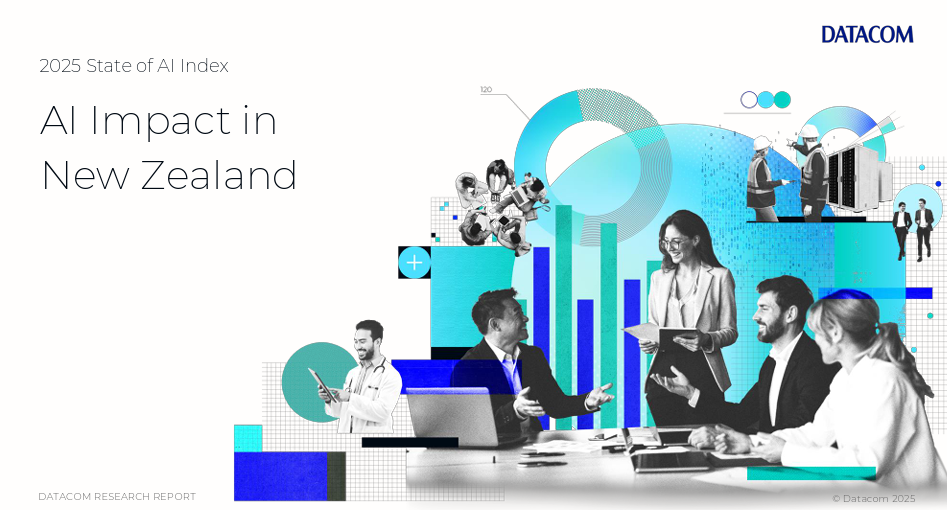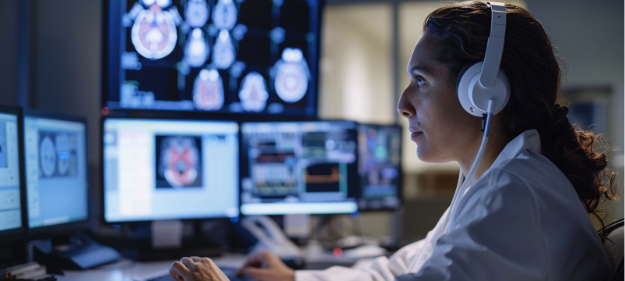AI is expected to transform the Aotearoa New Zealand economy over time, as increasingly powerful and relatively inexpensive AI-enabled tools become more available here. This year, Gen AI’s biggest impact is helping to free up valuable human capital for high-value, strategic work. Having said this, depending on tool cost and availability, the productivity potential of Gen AI for diverse sectors, from office-based roles to agriculture, depends very much on the needs of Kiwi businesses. At Callaghan Innovation, we’re focused on supporting Kiwi startups, and better-established ventures, so they can take advantage of Gen AI in 2024.
Biggest opportunities
The biggest impact will be felt in digital and office-based roles, for which increasingly reliable and cost-effective products have already become more readily available this year. Specialist generative AI apps – such as Microsoft’s recently launched Copilot – are now available for many roles to automate routine tasks, such as note-taking, meeting scheduling and data entry. More specialised tasks, such as shortlisting job applicant CVs and generating financial or sales reports, are being partly or entirely carried out by AI and checked by humans for accuracy. Recent advances in multi-modal generative AI which enables the latest version of ChatGPT and Google Gemini to process, synthesise and generate content from audio and video, not just text are helping digital content creators and artists to get things done faster than ever. Software developers have been using Gen AI to help write code for several years and are continuing to do so at pace.
Opportunities
The availability of Gen AI tools is accelerating the adoption of AI across various science and engineering tasks that have been gradually impacted by AI during the past decade. These tasks include background research, hypothesis generation, and data interpretation. In 2024, more AI tools are being used by scientists and engineers for science discovery and engineering solutions, thanks to increasing adoption of open-source, specialist AI tools that do not require computer programming skills.
Smaller opportunities
Farmers, factory and warehouse workers, and manufacturers continue to experience gradual change due to the high cost of deploying AI to perform tasks reliably in a real-world environment. Businesses often find it expensive to invest in machinery, sensors, computing power, and other technologies necessary to use AI on the factory floor or in the field. However, roles involved in creating high-value products and produce, often for export, may experience more significant changes because investing in the bespoke setups required makes good business sense.



